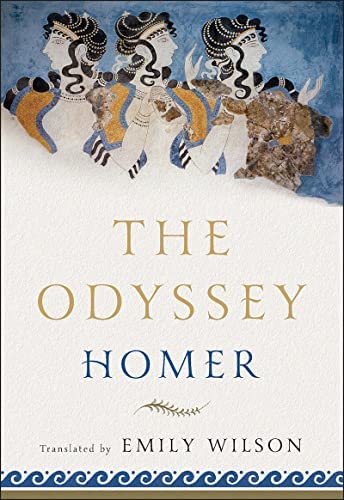Wanna fly, you gotta give up the shit that weighs you down.
Toni Morrison
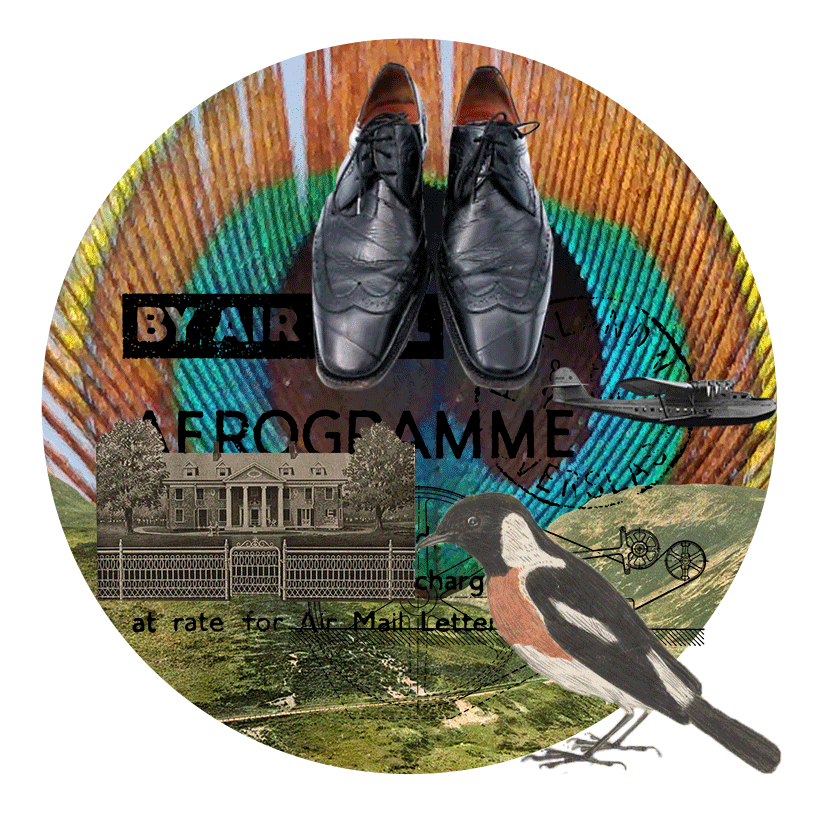
Song of Solomon
Toni Morrison
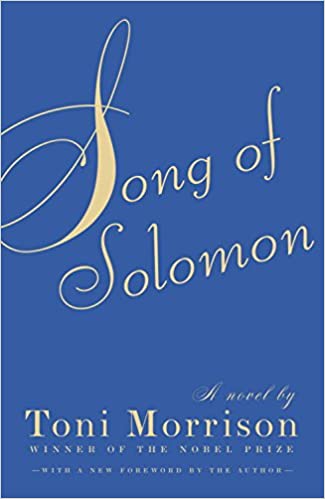
Toni Morrison, Song of Solomon, Vintage International, New York
The novel is full of symbolic images of flight and flying as freedom from bondage, escape, transcendence and a return to the ancestral homeland of Africa.
Although Toni Morrison usually writes about women’s lives, she was inspired to write Song of Solomon after her father died as she wanted to reflect on the lives of African-American men. Morrison sets the black community of an unnamed city in Michigan at the center of the novel, but the forces of Jim Crow segregation and the Civil Rights era surround the action. The novel opens in 1931 when Milkman Dead is born, and there are flashbacks to his father and grandfather’s lives; the main action of the novel takes place in 1963 when Milkman Dead is 32 years old, and same year as the bombing of the Birmingham church that killed Addie Mae Collins (14), Cynthia Wesley (14), Carole Robertson (14), and Carol Denise McNair (11). The murder of Emmet Till is also a topic of conversation within the novel.
The novel is full of symbolic images of flight and flying as freedom from bondage, escape, transcendence and a return to the ancestral homeland of Africa. One commonly told myth among African American slaves was the slave who flew back to Africa. Morrison says that when she read slave narratives from the 1930s, she noticed that when asked if they had ever seen such flight, some said yes. Most said no, but added, “I heard about it.” There was no one who was bewildered by the question. And she notes how often flight comes up on African American spirituals. She notes further that the myths around flight could be seen as escape narratives, but also the move from earth into the more spiritual.
Closely related to the theme of flight in the novel is the interdependence of land, identity, place and naming. The narrative is one of migration: Milkman Dead’s father, Macon Dead, and his aunt Pilate Dead, migrated from rural Virginia/Pennsylvania. African-American history has been a history of movement, of journeys, of migration. It is often a diasporic culture, from the Middle Passage, to the attempts of slaves to escape the South on the Underground Railroad to the North. The novel turns into a narrative of reverse migration and self-discovery when Milkman travels to the South and finds the pieces of his lost family history.
Why This Text is Transformative?
She constructs the novel from a mixture of history, myth, spirituals and the supernatural that makes the writing deeply resonant.
Complex characters sit at the center of every Toni Morrison novel. She creates all her characters, these flawed and human people, the admirable and disreputable characters, with great empathy and love, and we as readers love them as well. She constructs the novel from a mixture of history, myth, spirituals and the supernatural that makes the writing deeply resonant. What is past is never past, as the ancestors are always present. In a Toni Morrison novel, understanding one’s ties to these ancestors and healing the traumas of the past brought into the present are integral to self-acceptance and moving forward.
A Focused Selection
Study Questions
Chapters 9 & 10
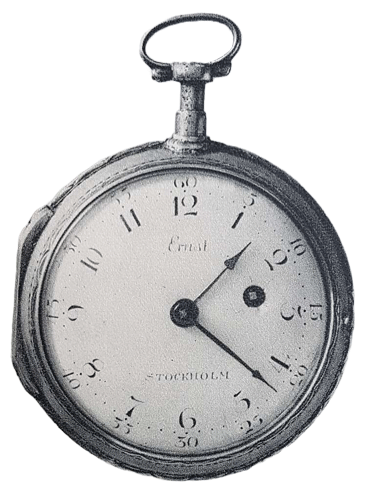
This section will focus on questions for chapters 9-12, which should be material for two class periods.
Chapters 9 & 10
1) Corinthians, Porter and Lena’s characters all get rounded out in this chapter. How do their stories add to the theme of memory and history Morrison is laying out in the novel?
2) In what way do Corinthians and Lena become proxies for social status within the town and for the Dead family?
3) What does Lena help you understand about Black womanhood in her family and community in this period? What burdens are carried by the women in particular in the Macon’s family? Are they similar to the burdens carried by Pilate and her family?
4) How do the men in the novel wittingly or unwittingly cause women to suffer?
5) What is the response of the men to Milkman when they discover who he is? How is what Milkman is learning about his family beginning to change the way he sees his father and Pilate?
6) What is Circe doing in the Butler house? How does Milkman respond to her? Why does she respond to him the way she does? What does Milkman’s response tell us about him at this point in the novel?
Chapters 11 & 12
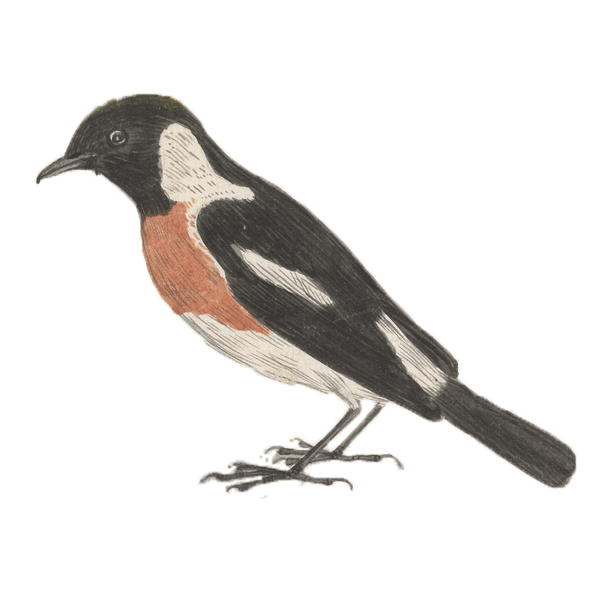
This section will focus on questions for chapters 9-12, which should be material for two class periods.
Chapters 11-12
1) Why are the men in Shalimar hostile to Milkman?
2) What does Milkman come to realize about himself during the hunt? Are there signs he is changing? Are the relationships he is forming in the South different from the ones he formed back home?
3) Why does Guitar want to kill Milkman?
4) Milkman denies to Susan Byrd that finding his people is important, but he discovers for himself that it is. What does he begin to realize about Macon, Ruth and Pilate? What stories do you know of your family? How do they shape your life and your perception of yourself?
5) What does his disagreement with Guitar reveal about Milkman’s personality? How does this “flaw” create the misunderstanding between Guitar and Milkman?
6) What has happened during Milkman’s trip to the South, from Danville to Shalimar, that indicates that Milkman is changing?
Discussion Questions by Theme
Racism is a central topic of Song of Solomon. How does it affect the personalities of, and decisions made by, characters in the novel? What are its effects on the way characters relate, or don’t relate, to each other and their families and communities?
Flight is a recurring theme in the novel. Which characters try to fly—in a literal or metaphorical sense? Why do these characters believe they can fly or “fly”? And why aren’t Solomon or Robert Smith discouraged from trying to fly? Finally, is any character’s flight or “flight” successful? In what sense? Is anyone or anything damaged by his or her flight?
Building Bridges
Supplemental Resources
Interview with Toni Morrison about Song of Solomon
Text Mapping
Discipline Mapping
English/Composition Studies
Humanities
Area Studies
Sociology
Page Contributor


